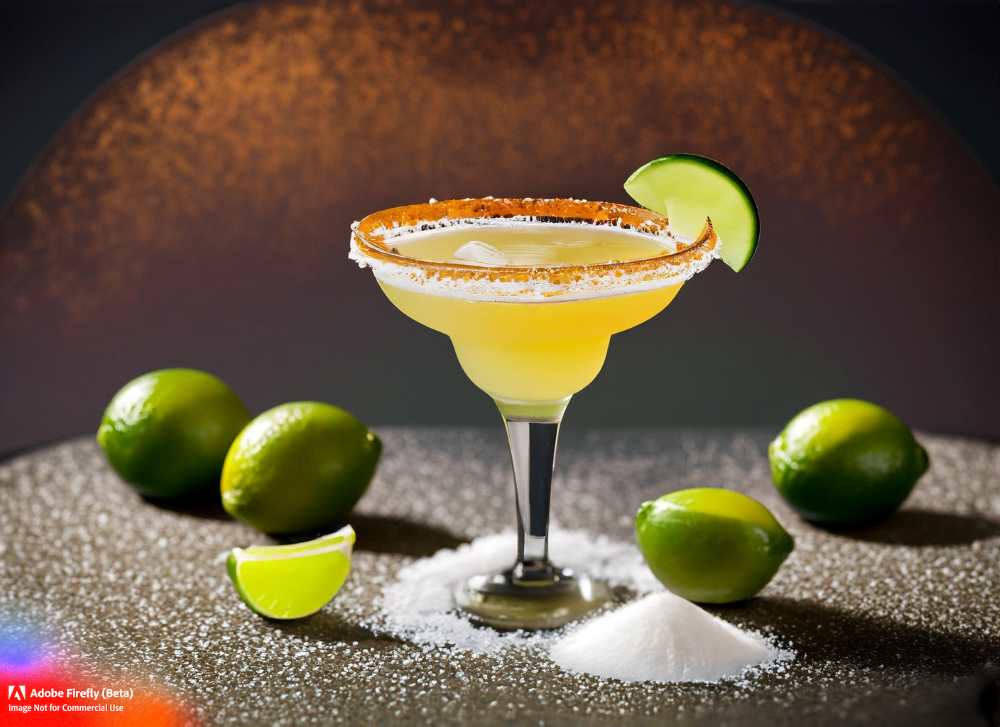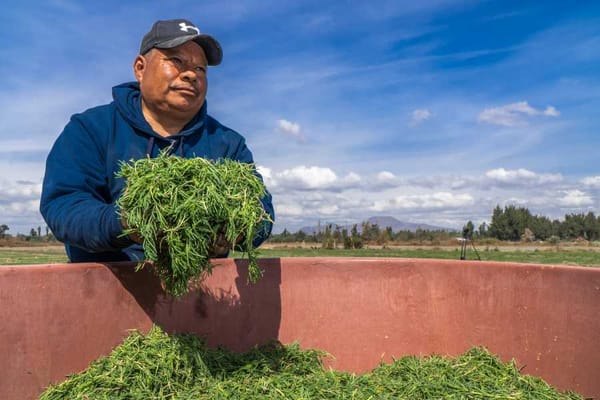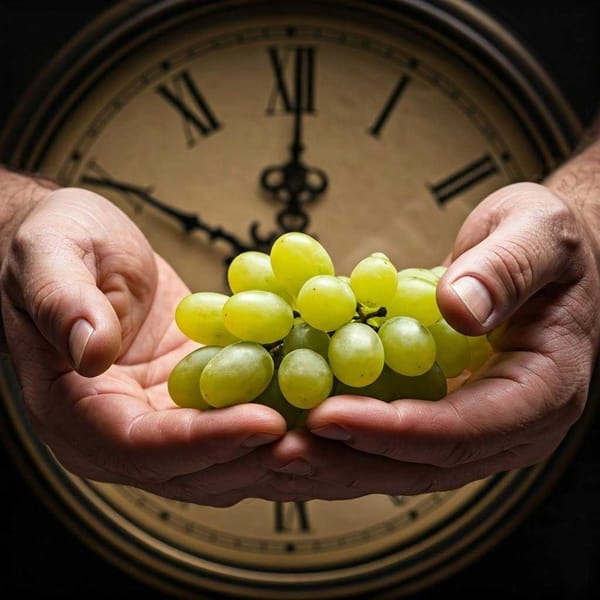Tequila or not Tequila? A Comprehensive Guide to the World's Most Misunderstood Spirit
Tequila or not Tequila? Discover the truth about the world's most misunderstood spirit. Learn about its history, production, types, myths, cocktails, and potential health benefits. Sip and savor the complexities of tequila like a fine whiskey or cognac.

Tequila is one of the most misunderstood spirits in the world. Many people believe it to be a harsh liquor that is best consumed in shots, followed by lime and salt. However, the truth is that tequila is a complex and nuanced spirit that can be enjoyed in a variety of ways. In this article, we will delve into the world of tequila and explore its history, production, and different types. So, grab a glass, and let's get started!
What is Tequila?
Tequila is a distilled spirit made from the blue agave plant, which is native to Mexico. It is named after the town of Tequila, which is located in the state of Jalisco, Mexico. Tequila is classified as a type of mezcal, but not all mezcals are tequila. Mezcal is a broader category of spirits made from any type of agave plant. However, only tequila is made from the blue agave plant and produced in specific regions of Mexico.
Tequila Production
Tequila production is a highly regulated process that must adhere to strict standards set by the Mexican government. The first step in tequila production is the harvesting of the blue agave plant. The leaves are stripped away, leaving the piña or heart of the plant, which can weigh anywhere from 40 to 200 pounds. The piñas are then roasted in ovens or pits, which give the tequila its characteristic smoky flavor.
After roasting, the piñas are crushed to extract the juice, which is then fermented with yeast. The resulting liquid is distilled twice, which produces tequila. The entire process can take anywhere from a few days to several years, depending on the type of tequila being produced.
Types of Tequila
There are two main types of tequila: 100% agave and mixed or blended. 100% agave tequila is made exclusively from the blue agave plant, while mixed or blended tequila can contain up to 49% other sugars, such as cane sugar or corn syrup. 100% agave tequila is considered to be of higher quality and is typically more expensive than mixed or blended tequila.
Within the category of 100% agave tequila, there are several types:
- Blanco: also known as silver or white tequila, is unaged or aged for less than two months. It has a clear color and a fresh, agave flavor.
- Reposado: aged between two and 12 months in oak barrels, giving it a light golden color and a slightly oaky flavor.
- Añejo: aged between one and three years in oak barrels, giving it a rich amber color and a complex flavor profile that includes notes of vanilla, caramel, and spice.
- Extra Añejo: aged for more than three years, this tequila has a dark amber color and a deep, complex flavor that is similar to a fine whiskey or cognac.
Tequila Myths
There are many myths surrounding tequila that have been perpetuated over the years. One of the most common myths is that tequila is a harsh liquor that should be consumed quickly in shots. However, this is not true. High-quality tequila is meant to be sipped and savored, much like a fine whiskey or cognac.
Another myth is that tequila is always made from a worm-infested agave plant. However, this is not true. While some lower-quality mezcals may contain a worm, no tequilas contain a worm. The worm is found in bottles of mezcal, not tequila.

Tequila Cocktails
Tequila is a versatile spirit that can be used in a variety of cocktails. One of the most popular tequila cocktails is the Margarita, which is made with tequila, lime juice, and orange liqueur. Other popular tequila cocktails include the Paloma, which is made with tequila, grapefruit soda, and lime juice, and the Tequila Sunrise, which is made with tequila, orange juice, and grenadine.
Tequila is also a popular ingredient in many classic cocktails, such as the Old Fashioned and the Manhattan. Its complex flavor profile pairs well with other ingredients and can add depth and complexity to cocktails.
Tequila and Health
While excessive consumption of any type of alcohol can be harmful to your health, there are some potential health benefits associated with drinking tequila in moderation. Tequila is made from the blue agave plant, which contains a natural sweetener called agavins. Unlike other sweeteners, such as fructose, agavins do not raise blood sugar levels, making them a potential alternative for people with diabetes.
Additionally, some studies have suggested that tequila may have probiotic properties, which can help improve gut health. However, more research is needed to confirm these potential health benefits.
Conclusion
Tequila is a complex and nuanced spirit that is often misunderstood. While it is often associated with shots and parties, high-quality tequila is meant to be sipped and savored, much like a fine whiskey or cognac. Whether you prefer blanco, reposado, añejo, or extra añejo, there is tequila out there for every palate. So, the next time you reach for a bottle of tequila, remember that there is more to this spirit than meets the eye.




